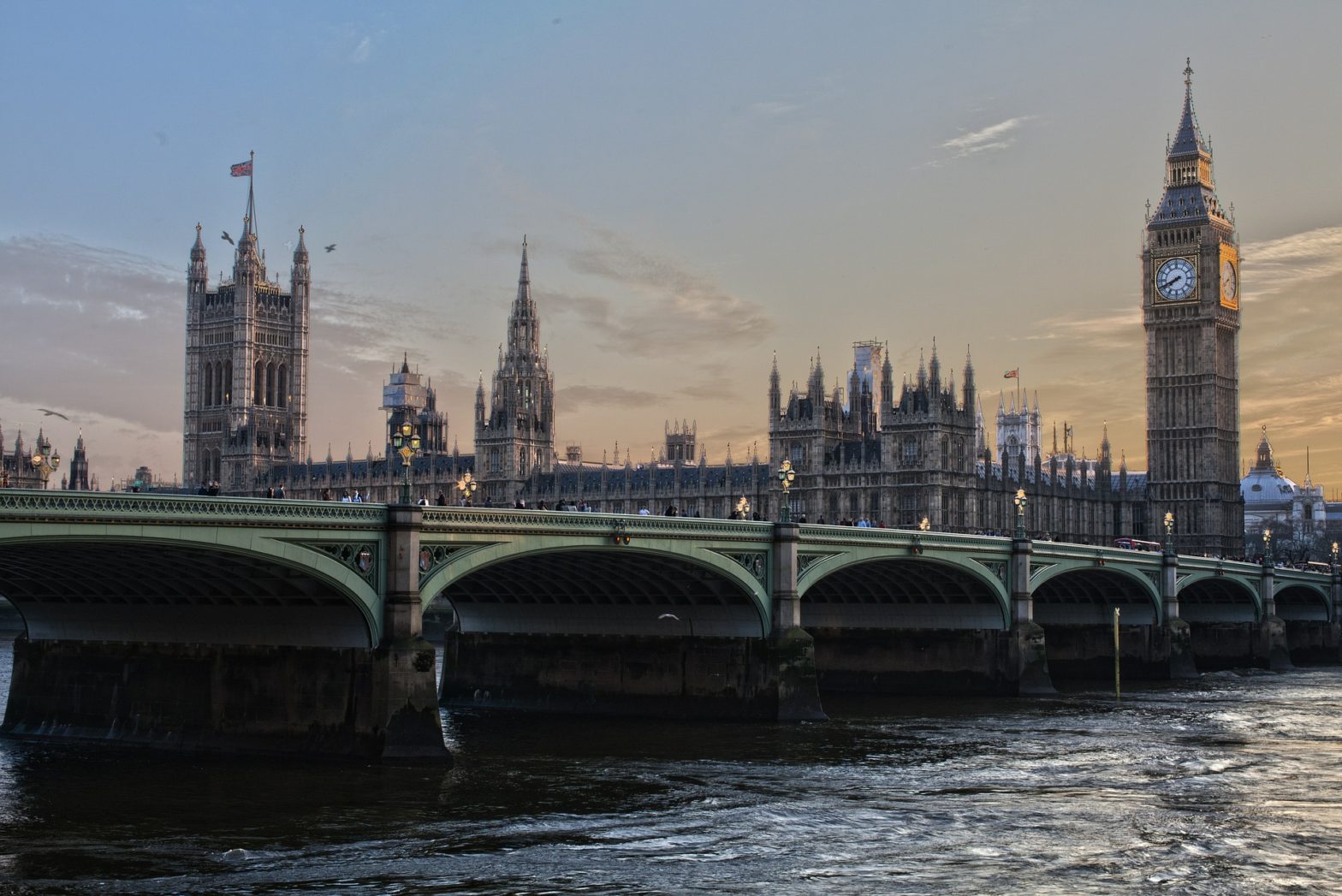
In a major announcement, the government has signalled a busy year ahead with legislative changes affecting the criminal law.
Following on from the recent announcement about the sentencing of domestic abuse offences, the government has announced further reforms.
There will be a new definition of domestic abuse making clear that it applies to all relationships and victims and encompasses economic abuse and controlling behaviour.
The new statutory definition of domestic abuse (subject to consultation) is:
Any incident or pattern of incidents of controlling, coercive, threatening behaviour, violence or abuse between those aged 16 or over who are, or have been, intimate partners or family members regardless of gender or sexual orientation. The abuse can encompass, but is not limited to:
• psychological
• physical
• sexual
• economic
• emotional
Controlling behaviour: Controlling behaviour is a range of acts designed to make a person subordinate and/or dependent by isolating them from sources of support, exploiting their resources and capacities for personal gain, depriving them of the means needed for independence, resistance and escape and regulating their everyday behaviour.
Coercive behaviour: Coercive behaviour is an act or a pattern of acts of assault, threats, humiliation and intimidation or other abuse that is used to harm, punish, or frighten their victim.
New Protective Order
The Government proposes to create a new Domestic Abuse Protection Notice (DAPN), which could be made by the police, and a Domestic Abuse Protection Order (DAPO), which could be made by the courts in a wide range of circumstances.
These measures would bring together the strongest elements from existing protective orders used in domestic abuse cases, creating a single, flexible pathway for victims, police and other practitioners.
While the existing domestic violence protection notice and order will be replaced by the new DAPN and DAPO regime, other existing orders, such as restraining orders, non-molestation orders and occupation orders, will continue to exist as these provide protection in situations other than domestic abuse.
The new order could be made by a court following a freestanding application, including by the victim and certain parties on the victim’s behalf (for example a family member or support service), and could also be made by a court during any ongoing proceedings, including on conviction or acquittal in any criminal proceedings.
The police would also have the power to apply for the new order, including after they had made a Domestic Abuse Protection Notice. In practice, this would mean that Domestic Abuse Protection Orders could be made in family, civil and criminal courts.
The new order would also be more flexible in terms of the conditions that could be attached to it, which could include both prohibitions (for example requirements not to contact the victim, including online, not to come within a certain distance of the victim, and not to drink alcohol or take drugs) and positive requirements. These positive requirements could include attendance at perpetrator programmes, alcohol and drug treatment programmes and parenting programmes. Electronic monitoring (for example location or alcohol monitoring) and notification requirements (for example the requirement for certain perpetrators to provide the police with personal information such as their address and details of relationship and family circumstances) could also be used as conditions attached to the new order.
There would be flexibility as to the length of time that the new order could be in place: it could be for a period to be specified by the court or until the court made further order, in contrast to the current maximum duration for the existing domestic violence protection order of 28 days.
It would be a criminal offence to breach a Domestic Abuse Protection Order.
How we can assist
We are experienced in defending all manner of domestic abuse accusations. Very often domestic incidents spiral out of control all too easily, and the first account made to a police officer may not reflect the full and detailed background, nor adequately explore the other side of the story. We take nothing at face value, preferring instead to step back and build our own accurate picture of the real prosecution and defence case.
In our experience, the protective order regime is often not applied correctly, and you can be assured that any orders sought will be no more onerous than properly prescribed by law, and subject to the most intense scrutiny.
To discuss any aspect of your case, please contact the trusted team at Broadbents Solicitors by phone, or by using the online contact form and we’ll get back to you shortly.






